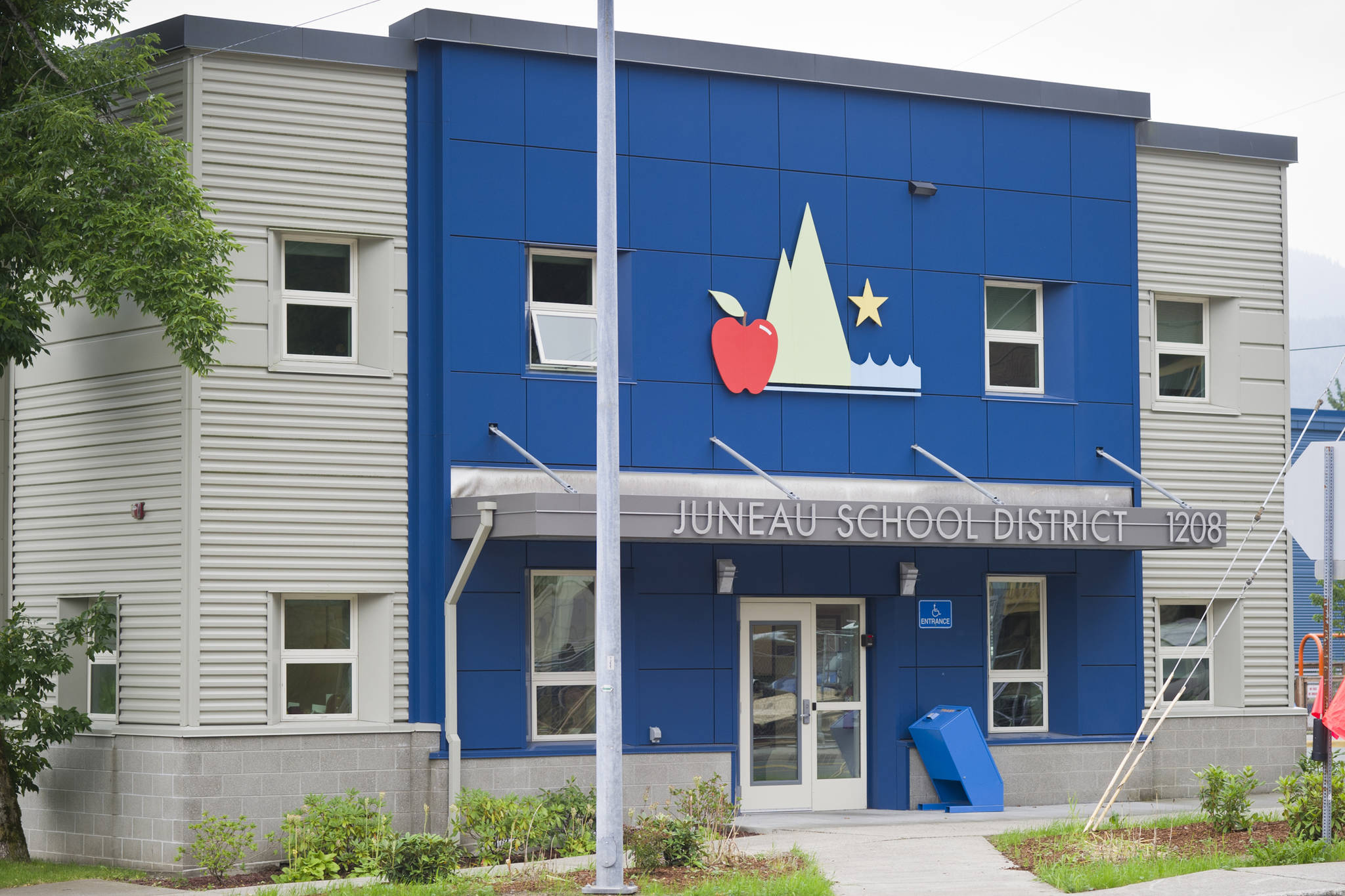Without the state reimbursing the 70% of school construction bonds it has in the past, the City and Borough of Juneau could see toward higher property taxes.
“It marches us towards a higher tax footprint,” City Manager Rorie Watt told the Empire. “It feels like our savings account has been raided.”
Under previous policy, the state would reimburse local municipalities for up to 70% of school construction debt. But under Gov. Mike Dunleavy’s 2020 budget, that program was suspended, leaving the burden of debt on cities and boroughs.
Going forward, Watt said, that means Juneau will eventually see higher property taxes and what he called a “minimalist approach to school maintenance.”
The good news is Juneau has the money to pay for it; the problem is the Assembly is preparing an ordinance to fund it out of the reserves, according to Watt. Last year, CBJ paid $3.5 million, and this year will most likely pay $3.1 million, Watt said, substantially shifting the cost from the state to the city.
Around the state, the Department of Education and Early Development oversees about 1,100 buildings, according to Tim Mearing, facilities manager.
“It’s not only classrooms,” Mearing said. “Support facilities, maintenance shops, storage, print shops that are eligible for state aid.”
The bond reimbursement program ended in 2015 and is set to re-open on July 1, according to Elwin Blackwell, school finance manager at DEED. However, the Legislature could extend the closure, Blackwell said.
DEED is still reimbursing municipalities for bonds but at a decreased level.
“The governor vetoed about half of that money,” Blackwell said of the funds used to pay back the bonds. “The amount of reimbursement from one year to the next is a little less.”
Blackwell said the program had been mostly fully funded for the past 30 years, with some exceptions in years when the state was in financial trouble.
“You saw it last year, and I expect you’ll see it again this year,” said Sen. Jesse Kiehl, D-Juneau. “Most lawmakers believe the state should live up to its commitment.”
It’s too soon to say whether that will happen, Kiehl said.
There’s a possibility the program could reopen in July with the state providing 50% of funding, said Mearing.
Some money is available for school improvement projects, Mearing said, but not much. Last year, approximately $7 million was available, which resulted in only one major maintenance grant, according to Mearing.
All school districts across the state bear the same percentage of reductions, Blackwell said, and no schools are receiving priority.
While Juneau does have money to pay for the reimbursement in the short term, it will affect the city’s operations in the long run, Watt said.
“All money is connected. In the end, sooner or later, this will affect our tax rates,” Watt said. “(With) diminished reserve balances, all the other problems and needs of the community have less funding.”
• Contact reporter Peter Segall at 523-2228 or psegall@juneauempire.com.

